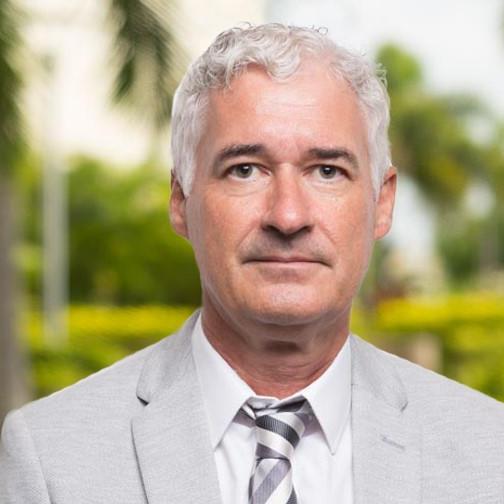Faculty Location
Education
BA (Mod), Biochemistry, Trinity College
PhD, Immunology, Trinity College
Training
Research Fellow, Cytokine Research Unit, Institute of Dermatology, United Medical and Dental Schools of Guys and St. Thomas' Hospitals
Post Doctoral Research Fellow, Department of Microbiology and Immunology, University of North Carolina
Associate Professor of Immunology, Loyola University Medical School
Lecturer in Immunology and Molecular Biosciences, Ulster University
Research Interests
Virology
Infectious Diseases
Lymphocyte Development, Function and Migration
Autoimmune Diseases
Notable Achievements
Research funding from Medical Research Council of Ireland, NIH postdoctoral training grant;
Schweppe Foundation Fellowship, NIH RO1 grants (PI), Crohn's and Colitis Foundation of America;
Professor of the Semester Award (Sept 2017, AUC), Ron Scott Taylor Award (May 2017, AUC).
Groups
American Association for the Advancement of Science;
International Union of Immunological Societies;
Irish Society for Immunology;
British Society for Immunology;
Society for General Microbiology
Breadcrumb
- MD Program
- Meet Our Faculty & Staff
- Daniel G. Quinn, PhD
Daniel G. Quinn, PhD

Dr. Quinn is an Associate Professor of Microbiology at AUC. He obtained a BA (Mod) in biochemistry from Trinity College, Dublin, Ireland, in 1985 and a PhD in immunology, also from Trinity College Dublin, in 1990. He has worked as research fellow in the Institute of Dermatology, United Medical and Dental Schools of Guy’s and St. Thomas’ Hospitals, London, and as postdoctoral research fellow in the University of North Carolina, Chapel Hill. He was Assistant Professor, and subsequently Associate Professor, of immunology in the Stritch School of Medicine, Maywood Illinois, from 1996 until 2003. Since 2003, Dr. Quinn has served as Lecturer in Molecular Biology and Immunology at the University of Ulster in Coleraine, Northern Ireland. His current research interests focus on the role chemokines in the development of protective antiviral immune responses and on viral immune evasion strategies.
